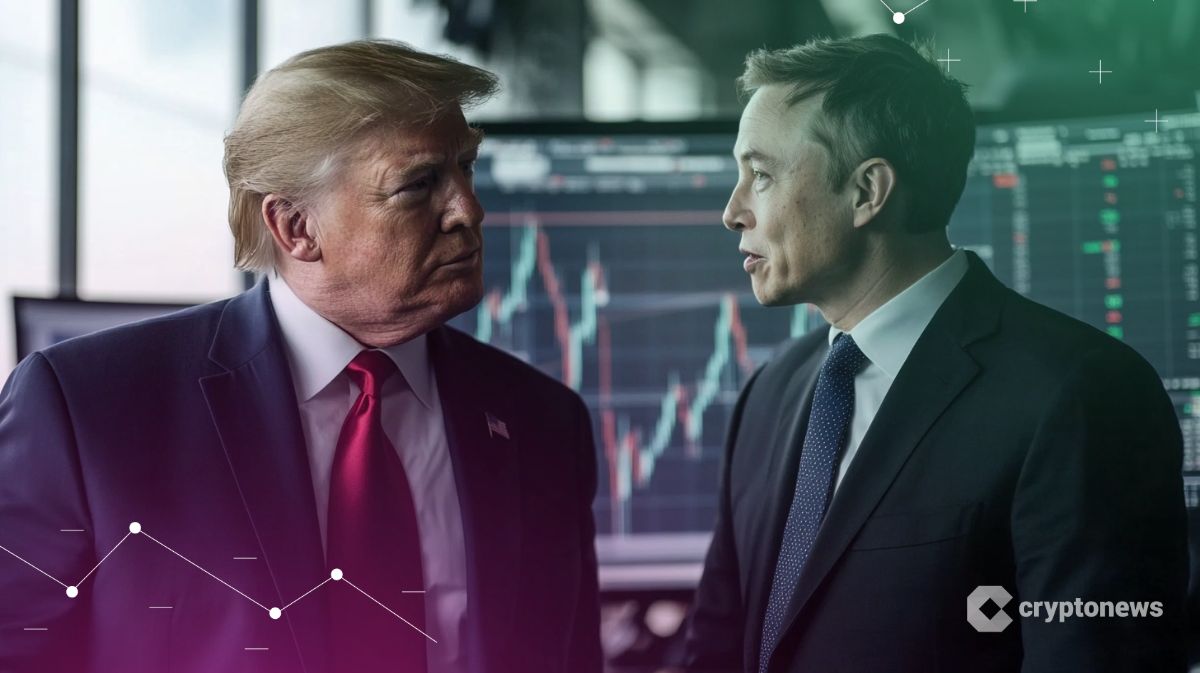Ukraine Parliament Passes First Reading of Crypto Legalization Bill with 23% Tax Rate
Ukraine’s parliament passed the first reading of its crypto legalization bill with 246 votes, establishing a 23% combined tax rate on virtual asset profits while addressing critical regulatory gaps that have enabled billions in illicit flows.
The legislation proposes an 18% personal income tax plus 5% military levy on crypto gains, with preferential 5% rates for fiat conversions during the first year of implementation.
Lawmaker Yaroslav Zhelezniak confirmed the bill’s passage but noted significant changes expected before the second reading.
The regulatory authority remains undetermined between the National Bank of Ukraine and the National Securities and Stock Market Commission, while implementation details require further parliamentary approval.
The vote comes as Ukraine faces estimated losses of at least $10 billion in stolen funds and tax revenue due to insufficient crypto regulation, according to the Royal United Services Institute.
Over-the-counter markets and wartime vulnerabilities have transformed the country into a growing hub for money laundering and cyber-enabled crime.
Wartime Financial Vulnerabilities Drive Regulatory Urgency
RUSI warned that without urgent reforms, Ukraine risks further exploitation of its financial system while losing vital tax revenue.
The security think tank identified Ukraine-specific risks associated with OTC activities, its role as a threat hub, and the role of crypto in funding the procurement of sanctioned components for Russian military operations.
Despite adopting virtual asset legislation in early 2022, Ukraine has failed to implement the framework due to the absence of tax provisions.
Under EU accession requirements, the country must align crypto rules with European standards by the end of 2025 or face potential Financial Action Task Force status downgrades.
Domestic criminal networks exploit vulnerable citizens through “money mule” schemes costing an estimated $24 million monthly.
These operations offer as little as $120 for individuals to launder money through their bank accounts, while Telegram-based drug trafficking operations accept crypto payments.
Russian-linked crypto laundering activities also spread beyond Ukraine through networks in Kyrgyzstan and other regional jurisdictions.
UK and US sanctions targeted networks tied to rouble-pegged stablecoin A7A5 and exchanges suspected of continuing sanctioned Garantex operations after the March 2025 law enforcement disruption.
Kyrgyzstan’s transformation into a crypto hub following its January 2022 virtual asset law enabled Russian sanctions evasion efforts.
Licensed crypto activity surged to $4.2 billion in 2024 while numerous shell entities reused addresses and contact information, facilitating transactions for sanctioned Russian paramilitary organizations.
TRM Labs analysis revealed coordination between disrupted Garantex operations and new Kyrgyz-registered entities like Grinex and Meer.
These platforms exhibited similar transaction patterns while facilitating withdrawals using Russian stablecoin A7A5.
Global Tax Competition Intensifies as Crypto Revenue Potential Emerges
Ukraine’s proposed military levy helps fund its defense efforts while developing comprehensive taxation frameworks based on international examples.
The legislation includes preferential rates for specific categories alongside standard income tax applications to virtual asset profits.
Parliament previously introduced draft legislation allowing the National Bank of Ukraine to hold Bitcoin and other cryptocurrencies in national reserves.
The proposal would authorize the central bank’s discretion over digital asset allocation timing, methods, and volumes, without mandating crypto investments.
On the global stage, Thailand has recently implemented five-year personal income tax exemptions on crypto capital gains through licensed platforms, effective from January 2025 to December 2029.
The government anticipates over 1 billion baht in additional tax revenue through indirect economic activity despite the exemption structure.
Unlike Thailand, Japan’s crypto investors face income tax rates of up to 55% on profits, prompting industry association surveys to reveal that 84% of current holders would increase their purchases under a flat 20% capital gains taxation.
The Japan Blockchain Association submitted reform petitions advocating capital gains treatment over current income tax classifications.
In the United States, New York Assembly Member Phil Steck has also introduced a 0.2% excise tax on all digital asset transactions, aiming to generate revenue for upstate substance abuse prevention programs.
The proposal places compliance responsibility on transaction facilitators, creating potential challenges for exchanges and DeFi protocols.
Global authorities are advancing coordinated crypto tax enforcement through the OECD’s Crypto-Asset Reporting Framework, which mandates automatic information exchange by 2027.
Several G20 nations pledged adoption, while implementation remains uneven across jurisdictions with varying regulatory approaches.
También te puede interesar

World Liberty Financial Ownership Shake-Up: Trump Family Cuts Stake During Stablecoin Push

Markets brace for Broadcom earnings as investors rationalize AI spending
